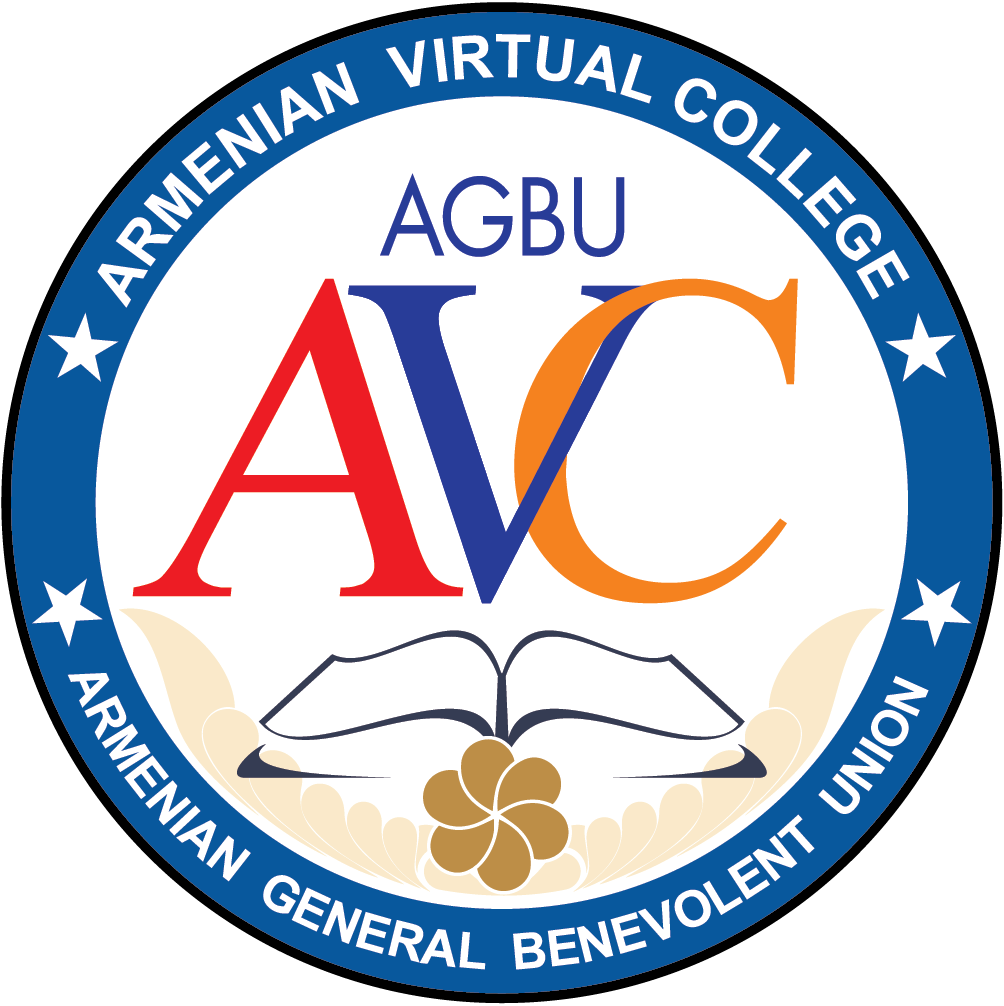Alunos regulares por crédito (8 semanas)
Alunos matriculados no(s) curso(s) como alunos regulares receberão 4 créditos para cada curso após concluir com êxito o curso de acordo com o plano de estudos e diretrizes fornecidos pelo(a) instrutor(a) on-line durante a semana de orientação.
Alunos regulares por crédito (16 semanas)
Alunos matriculados no(s) curso(s) como alunos regulares receberão 4 créditos para cada curso ao concluir com êxito o curso em 16 semanas (em dois períodos).
Ouvintes (8 semanas)
Alunos inscritos no(s) curso(s) como ouvintes poderão ter participação limitada. Espera-se que ouvintes mantenham o mesmo horário de leitura dos alunos regulares e respondam aos testes semanais. Os ouvintes são altamente encorajados a participarem em projetos de grupo, mas não se espera que façam exames. Os ouvintes receberão uma nota de aprovação/reprovação.
Ouvintes (16 semanas)
Alunos inscritos no(s) curso(s) como ouvintes poderão ter participação limitada. Espera-se que ouvintes mantenham o mesmo horário de leitura dos alunos regulares e respondam aos testes semanais. Os ouvintes são altamente encorajados a participarem em projetos de grupo, mas não se espera que façam exames. Os ouvintes receberão uma nota de aprovação/reprovação. (em dois períodos).
Alunos do Programa de Autoestudo Assíncrono (ASSP) por crédito
O curso ASSP está aberto o tempo todo, de forma contínua. Cada curso consiste em oito aulas. A duração da conclusão de um curso não deve exceder 16 semanas. O curso pode ser concluído em um mínimo de 8 semanas. Alunos matriculados no(s) curso(s) receberão 4 créditos para cada curso após concluí-lo com êxito.
Alunos do Programa de Autoestudo Assíncrono (ASSP) sem crédito
O curso ASSP está aberto o tempo todo, de forma contínua. Cada curso consiste em oito aulas. A duração da conclusão de um curso não deve exceder 16 semanas. O curso pode ser concluído em um mínimo de 8 semanas. Alunos matriculados no(s) curso(s) receberão uma nota de aprovação/reprovação ao concluir o curso.










